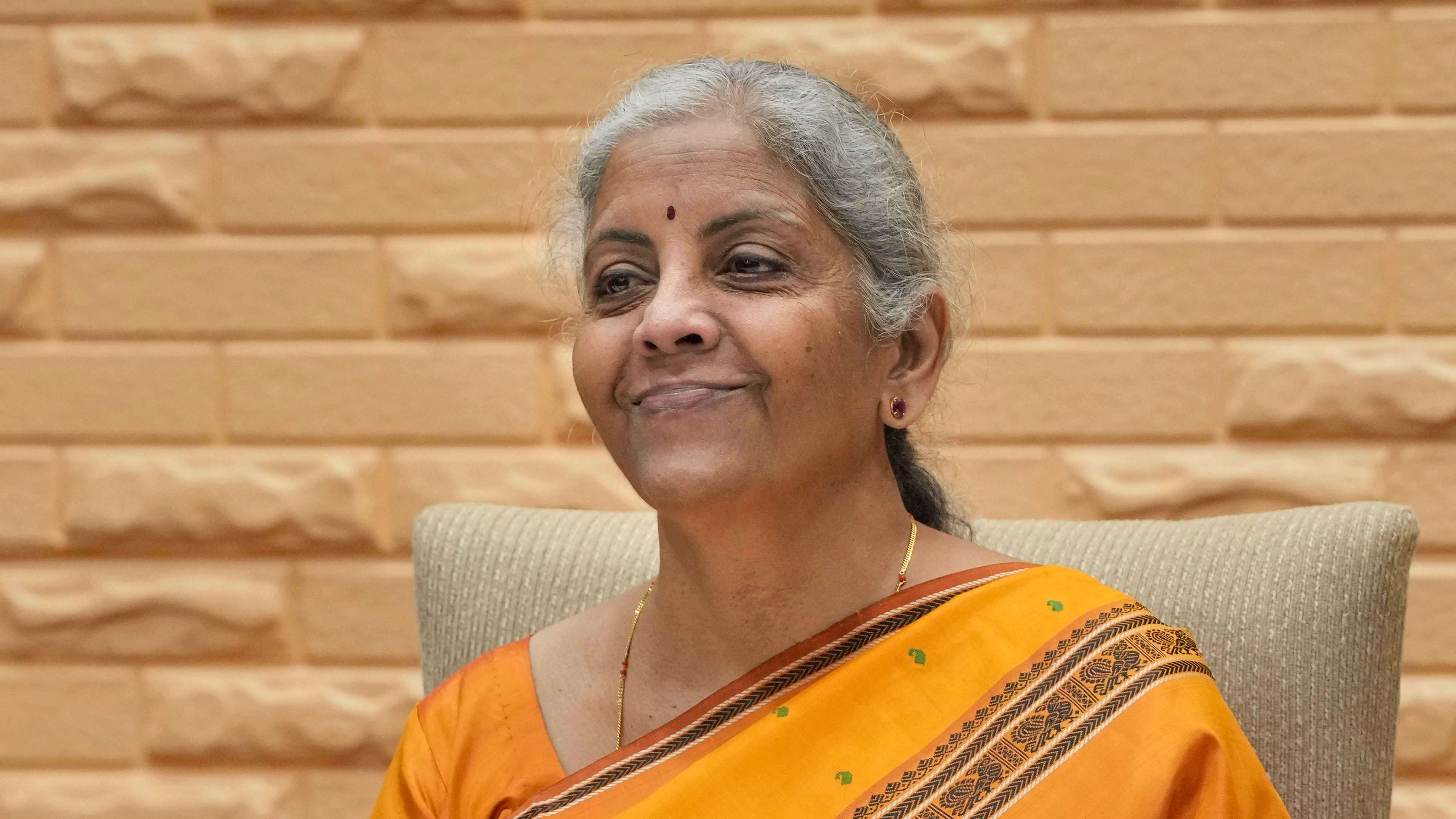
Cryptocurrencies, being completely driven by technology, cannot be controlled or regulated by standalone efforts of any country, Union Finance Minister Nirmala Sitharaman said on Monday.
She said India is discussing with the G20 member countries on developing a standard operating procedure (SOP) for regulation of cryptocurrencies.
“We recognise that this (cryptocurrency) is completely driven by technology and the standalone country’s effort in controlling or regulating this is not going to be effective,” the finance minister said, while replying to a question in Lok Sabha.
“We are raising this issue in the G20 and having a detailed discussion over the issue so that a standard operating procedure emerges,” she added.
Sitharaman said India’s effort would be to come up with a “coherent, comprehensive and all-country-working-together” kind of approach among the G20 members to regulate cryptos.
Developing SOP on cryptocurrency is likely to be an important agenda during the G20 leaders’ meeting later this year. India currently holds the G20 presidency, which runs from December 1, 2022 to November 30, 2023.
The finance minister said cryptocurrencies are largely unregulated in India.
In the union budget 2022-23, Nirmala Sitharaman proposed to impose a 30% tax on any income from transfer of virtual assets. This is often referred to as “crypto tax”. However, the government has clarified that imposition of tax does not address the issue of legality of the cryptocurrency ecosystem.
The Reserve Bank of India (RBI) has called for a complete ban on cryptocurrencies. The central bank has recommended to the government that it should frame regulations for cryptocurrencies and prohibit them.
However, the government, so far, has not come out with any clear guideline or law to regulate cryptocurrencies. The Cryptocurrency and Regulation of Official Digital Currency Bill, 2021 was slated for introduction in the winter session of parliament in 2021. However, the government later decided to revise it. The revised version of the bill has not come up yet.
Digital Currency
Replying to a supplementary question in Lok Sabha, the finance minister said the digital currency pilot has been launched by the Reserve Bank of India and the government will plan further action based on the input from the pilot use of the currency.
“Digital currency is something which the central banks issue. India’s Reserve Bank has come up with a pilot in terms of retail and wholesale use of digital currency for which there are several sandboxes created so that user cases can be tested,” Sitharaman said.
“And it’s only during this process and immediately after that can there be any kind of understanding on how the retail or the wholesale use of digital currencies will have any spillovers for which any action has to be planned,” she added.
The RBI has launched pilots of Central Bank Digital Currency (CBDC) in both wholesale and retail segments. The pilot for the wholesale segment was launched on November 1, 2022 while its retail version was launched one month later.